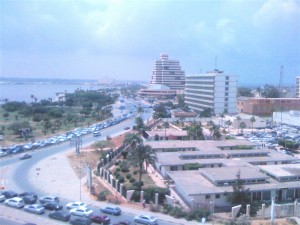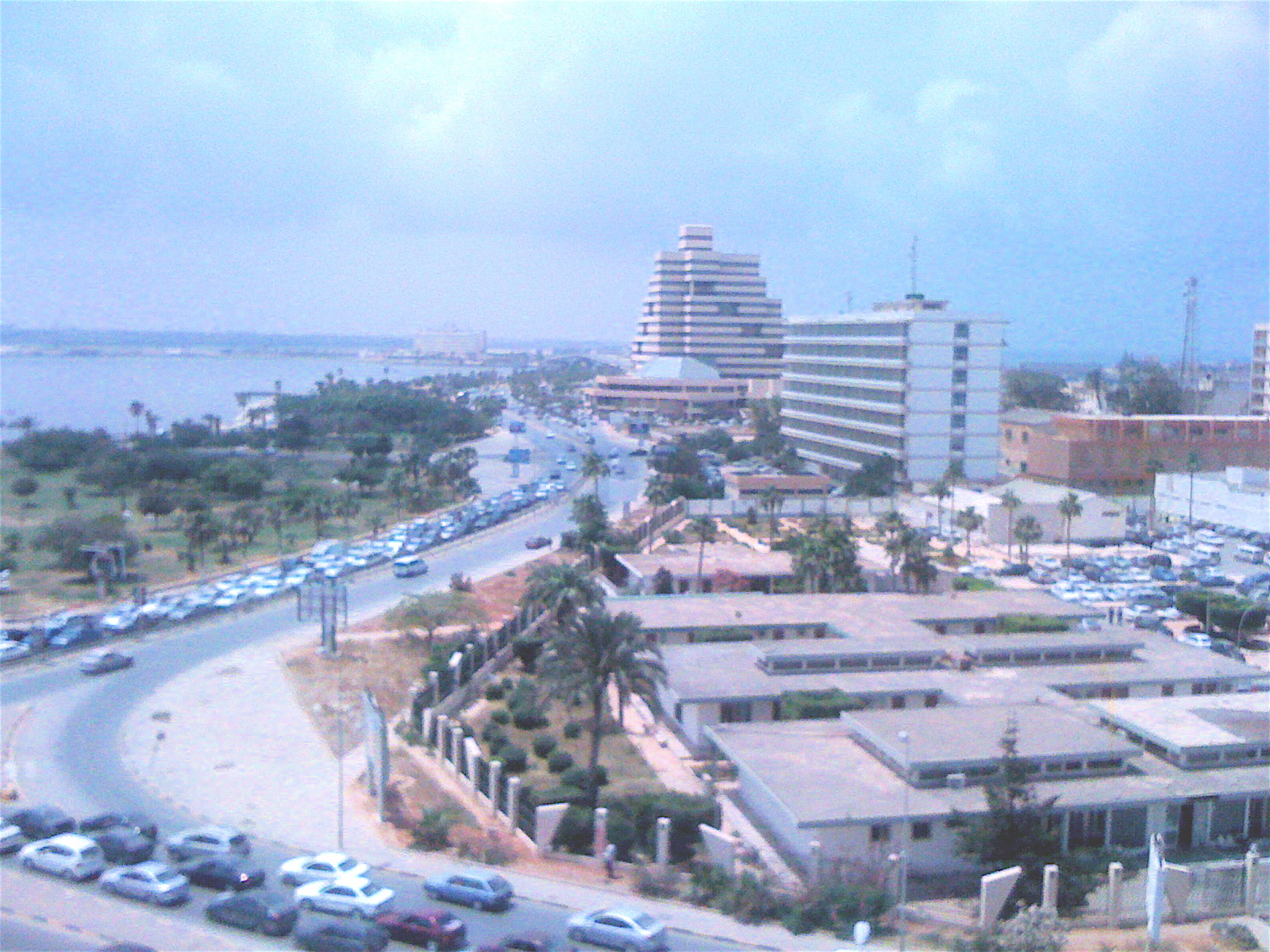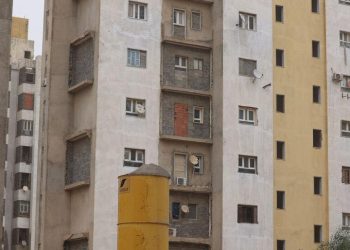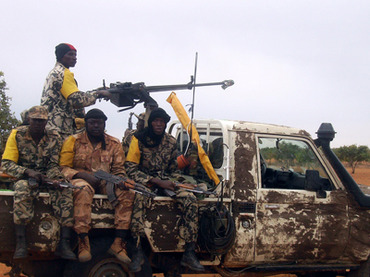By Ahmed Ruhayem.

Benghazi, 19 January:
Benghazi residents have been responding to the possibility of a night-time curfew being considered by the government . . .[restrict]in an attempt to stop the culture of violence that has developed in the city.
Many welcome the proposal, which was first raised by Prime Minister Ali Zeidan on Wednesday. However, others fear that a curfew is not enough and the government should implement more rigorous round-the-clock security.
Ellafi El-Shikhi, the proprietor of Rotana Café, an upmarket establishment in the Hadaq area, told Libya Herald: “It will obviously hurt our business, but it will benefit our city.” He pointed out that the planning of “these hideous attacks,” as well as the attacks themselves often take place in the evenings. “The local and central authorities have thus far only sought more subtle solutions in dealing with this problem,” El-Shikhi said, “more potent actions are required.”
A grocery store owner also welcomed the proposal, calling it “an excellent idea.” He said that anyone who was out after nine in the evening “should be searched and their identities recorded,” so they could be questioned later, if any crimes were committed.
A foreign professional, who helps Egyptian and Bangladeshi workers, told Libya Herald that, if the curfew was implemented, he would expect to see an immediate benefit in the reduction of crimes targeting foreign labourers. Apparently many foreign workers are being preyed upon by criminal gangs, operating at night in military uniforms and sporting guns and walkie-talkies. He said that workers were often woken late at night, were harassed and had cash and personal property, including mobile phones, stolen by these armed gangs.
Other residents, however, thought that if the curfew were to go ahead, there should be provisions for exceptional cases. A bank employee and mother of three said: “It’s a good idea, but there need to be allowances made for people going to hospital, for example women about to give birth.”
Evening workers were unsure how the suggested curfew would affect them. A Syrian national working at a small fast-food shawarma outlet, agreed with the benefits of a curfew, but added: “Because of late working hours, I usually get home around two in the morning and it is likely that young security personnel may give me a hard time on the way home.”
The idea of a curfew is definitely not welcomed by all residents, however, with several unconvinced that the measure would solve the security problems in Benghazi.
Ehab Ibrahim, an accountant, pointed out that most of the assaults and assassinations have taken place way before midnight, including the recent assault on the Italian Consul-General. Ibrahim believes that having 24-hour security check points at all Benghazi entry and exist points would be of more value.
This idea was echoed by Marwan Tashani, head of the Libyan Judges Organisation, who told Libya Herald that round-the-clock security check points across the city, along with random car searches, would be “a much more effective policy.”
Another resident, who also supported the idea of check points, said that measures other than a curfew should be taken. “For a start, we need to get all the vehicles without licence plates either licensed or off the street, and there should be no more cars with tinted windows.” He suggested that “the main security operations room and detention area should be in a rural area, so that it could see coming trouble and better protect itself.” He added that Benghazi needed more experienced security personnel, who were able to identify criminals.
Some residents took a more extreme stance, suggesting that a curfew would echo the ways of the old regime. Mohamed Baywo, a senior Al-Watan Party member, said: “The night curfews wouldn’t stop the problems in Benghazi. Incidents might take place during daytime when more bystanders could get hurt.” He suggested that the government needed to get closer to its people and address their immediate rights and needs such as the constitution, rather than “implementing security measures that are akin to Abdullah Al-Senussi practices.”
A civil society activist told Libya Herald that people in Libya were not used to these types of measures. “They are already under a lot of pressure and this action may actually cause more problems then resolve them,” he said. The activist added that rather than impose a curfew, “the government should instead work on activating street security cameras and police telephone hotlines.”
It is thought that the General National Congress will discuss the Benghazi curfew, which would run from midnight to five in the morning, this coming week. [/restrict]










